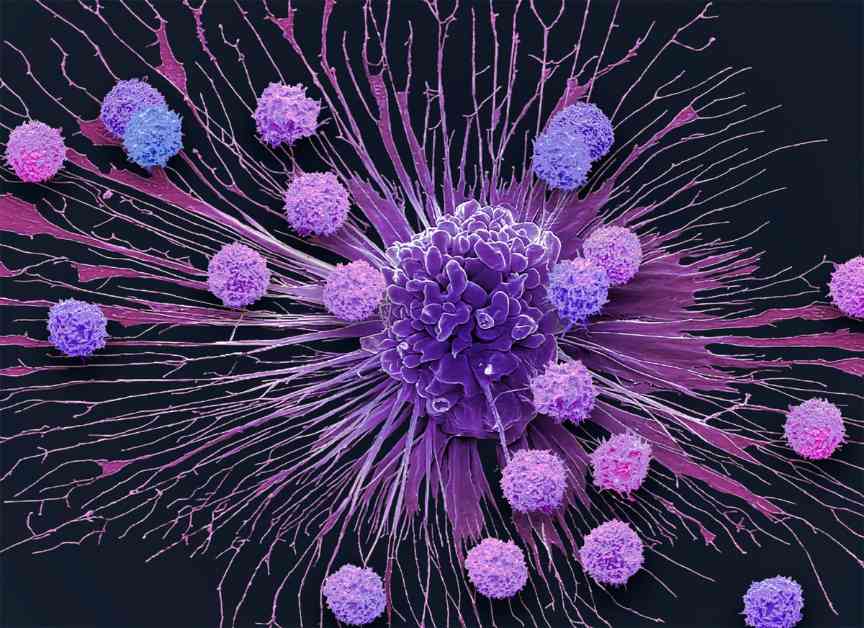Cancer is a scary and emotional diagnosis that can lead people to seek out miracle cures that offer false hope and potentially harmful misinformation. From viral tweets to online videos, there is a constant stream of claims about cancer-curing diets and alternative therapies that lack scientific backing.
Many people are drawn to the idea that a specific diet can either cause or cure cancer, but the reality is much more complex. While some foods are known to increase the risk of cancer, there is no magic diet that can cure the disease. Claims about sugar feeding cancer or acidity enabling cancer cells to thrive are based on misunderstandings of cancer biology.
Restrictive diets that claim to starve cancer cells can actually be dangerous for patients, leading to unintended weight loss and potential health risks. Similarly, beliefs in alkaline or vegan diets reversing the acidic environment of tumors are not supported by scientific evidence.
In addition to dietary myths, there are countless “natural” cures for cancer that lack any scientific basis. Alternative therapies and complementary treatments may seem appealing, but studies have shown that patients who rely on these methods are at a higher risk of dying compared to those who stick to conventional treatments.
Alternative cancer clinics often prey on vulnerable patients, promising false hope and charging exorbitant fees for ineffective treatments. Patients who are led to believe that conventional medicine is a scam may delay necessary treatments, leading to poorer outcomes in the long run.
While the idea of a single cure for cancer may be enticing, the reality is that cancer is a complex and diverse group of diseases that require tailored treatments. Despite the prevalence of misinformation, survival rates for cancer continue to improve thanks to ongoing advancements in research and treatment options.
In a world where misinformation abounds, it is crucial to approach claims about cancer with skepticism and rely on evidence-based medicine. By sticking to science-backed treatments and avoiding quack cancer diets, patients can make informed decisions about their health and well-being.





